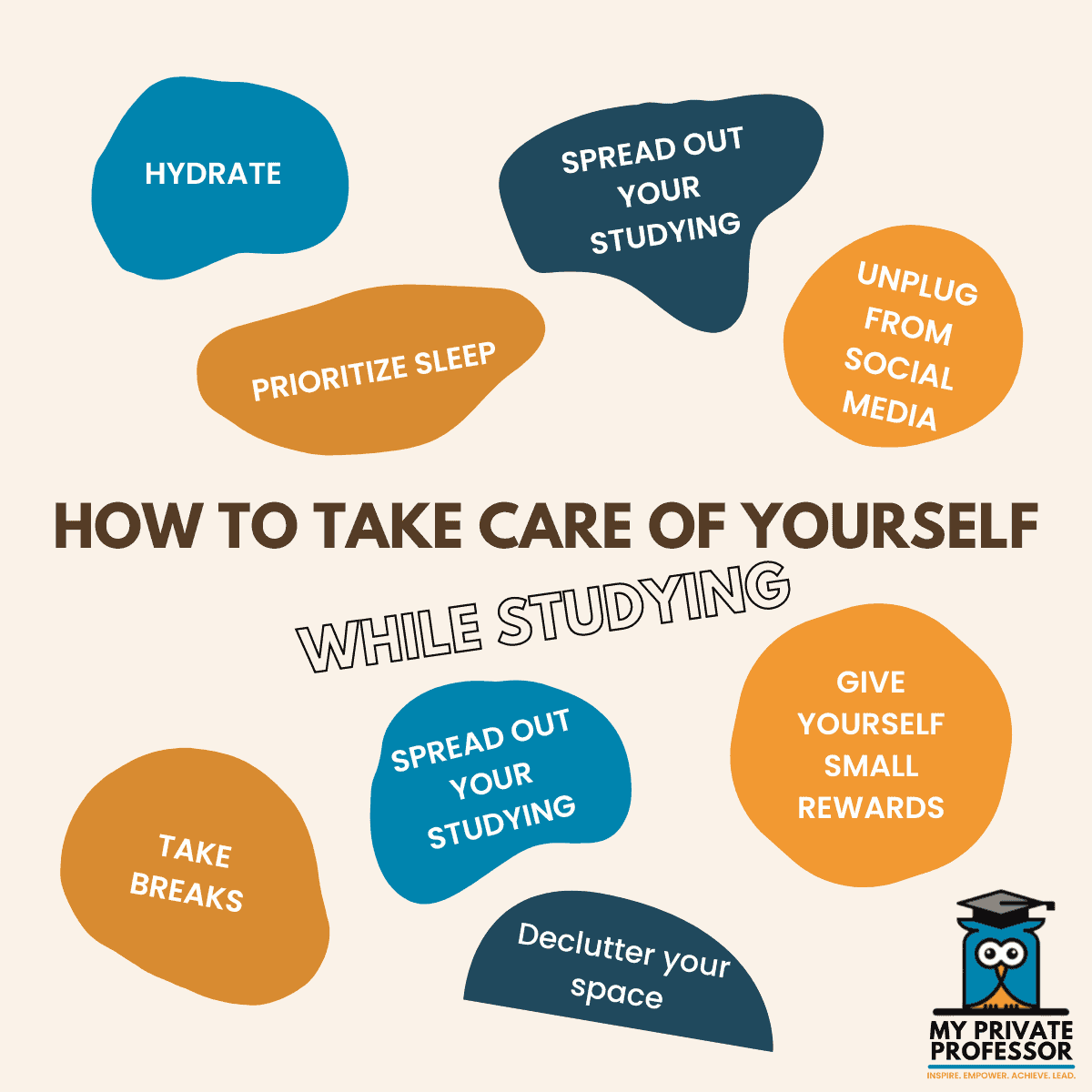News Blast: Your Daily Dose of Updates
Stay informed with the latest news and insights.
Procrastination to Perfection: Study Tips That Actually Work
Discover powerful study tips that transform procrastination into perfection. Boost your productivity and ace your exams today!
5 Proven Strategies to Overcome Procrastination and Boost Your Study Efficiency
Procrastination can be a significant barrier to effective studying, but implementing proven strategies can help you break free from this cycle. Here are 5 proven strategies to overcome procrastination:
- Set Clear Goals: Define specific, achievable goals for each study session. Break larger tasks into smaller, manageable parts to make them less daunting.
- Create a Study Schedule: Designate specific times for studying and stick to them. A consistent routine reduces the likelihood of procrastination.
- Minimize Distractions: Identify and eliminate distractions in your study environment. This could include turning off notifications on your devices or finding a quiet place to concentrate.
In addition to these initial strategies, consider the following techniques to further enhance your study efficiency and combat procrastination:
- Use the Pomodoro Technique: Study for 25 minutes, then take a 5-minute break. This method can increase focus and make studying less overwhelming.
- Stay Accountable: Share your study goals with a friend or join a study group. Accountability can motivate you to stay on track and dedicate time to your studies.

How to Create an Effective Study Schedule: Tips for Perfectionists
Creating an effective study schedule is crucial, especially for perfectionists who often feel overwhelmed by the pressure to perform. Start by assessing your current commitments and responsibilities. Use a calendar to note important deadlines, assignments, and exams. Then, break down larger tasks into smaller, manageable chunks to avoid feeling daunted. It’s helpful to use a priority matrix—dividing tasks into categories based on importance and urgency—to ensure that you focus on what truly matters. Once you have a clear view of your obligations, allocate specific time slots for each task during the week.
Next, remember to incorporate flexibility into your schedule to accommodate your perfectionist tendencies without causing undue stress. Consider employing techniques like the Pomodoro Technique, which consists of studying for 25 minutes followed by 5-minute breaks. This method not only enhances focus but also prevents burnout. Additionally, allocate time for relaxation and self-care routines to maintain a healthy balance. Regularly review and adjust your schedule based on what works best for you, ensuring that you remain productive without sacrificing your mental well-being.
Why Your Study Habits Aren't Working: Common Mistakes and Solutions
Many students struggle to achieve their desired academic results, often wondering, "Why aren't my study habits working?" One common mistake is the tendency to cramming before exams instead of spreading study sessions over time. This approach, known as "massed practice," not only heightens stress levels but also reduces retention of information. To combat this, implement the technique of distributed practice, which involves studying smaller chunks of material consistently over a longer period. Not only does this method help in better retention, but it also fosters a deeper understanding of the subject matter.
Another factor that undermines effective study habits is the lack of a formal study environment. Many students study in distracting settings, such as their beds or noisy cafes. This makes it harder to concentrate and leads to inefficiency. To enhance focus, set up a dedicated study area that is free from distractions, and establish a consistent routine that signals your brain it is time to learn. Additionally, utilizing active learning techniques like summarizing information, teaching others, or taking practice tests can significantly enhance your grasp of the material, making your study sessions more productive and enjoyable.